Benefits of Curcumin

Benefits of Curcumin
Curcumin in turmeric may be the most effective nutritional supplement in existence. There are many health benefits of turmeric. From powerful antioxidant and anti-inflammatory to the potential to prevent heart disease, Alzheimer's and cancer. In this 3-minute article we discuss the benefits of curcumin.
Health Benefits of Curcumin
Curcumin is a bright yellow (orange) chemical produced by curcuma long plants which are extensively cultivated in the tropical and subtropical regions of Southeast Asia including China, India, and Indonesia. Curcumin is the main active ingredient in turmeric, a spice that has long been recognized in the scientific and medical community for its health benefits. Curcumin is sold as an herbal supplement, cosmetics ingredient, food flavoring, and also food coloring. Below we discuss the health benefits of turmeric.
1. Curcumin Has Powerful Medicinal Properties
Curcumin has extremely powerful antioxidant and anti-inflammatory effects. Unfortunately, ingesting curcumin by itself does not lead to the health benefits often associated with it because of its poor bioavailability, thought to be from poor absorption, rapid elimination and rapid metabolism. The good news is there are several studies that show certain components can increase the bioavailability of curcumin such as piperine. Piperine is the main active ingredient in black pepper and when ingested with curcumin has shown to increase the bioavailability of this powerful substance by 2000%.
Curcumin in Turmeric Absorption
The amount of curcumin in turmeric is not that high—typically only around 3% by weight. Therefore, if you would like to experience the full benefits of curcumin it would be wise to take a supplement or a supplement that contains a significant amount of curcumin and components like piperine that dramatically increase its bioavailability. You can shop for products that increase their effectiveness here.
2. Curcumin Has Strong Anti-Inflammatory Properties
Inflammation is an important bodily process to help fight foreign invaders and plays a vital role in helping your body recover. Short-term, another wise known as acute inflammation (described above) is beneficial. Prolonged—chronic inflammation, however, can lead to your body attacking its own tissues. What's more, chronic inflammation contributes to some of the most well-known and deadly western diseases including:
- Heart disease
- Cancer
- Metabolic syndrome
- Alzheimer's disease
- Numerous other degenerative diseases
Curcumin is a polyphenol which are micronutrients that we get through certain plant-based foods with anti-inflammatory properties primarily found in turmeric. Amazingly, curcumin can suppress molecules known to play major roles in inflammation. In fact, curcumin is such a powerful anti-inflammatory that it even matches and in certain cases surpasses some anti-inflammatory medications such as Advil (ibuprofen) and aspirin.
3. Curcumin May Increase Antioxidant Capacity
Similar to chronic inflammation, oxidative damage is believed to be one of the contributing factors behind aging as well as many common diseases. Oxidative damage involves free radicals which are highly reactive unstable molecules with unpaired electrons.
Antioxidants, which are talked about quite often these days (and rightly so), protect your body from free radicals. Curcumin in Turmeric is a powerful antioxidant that can neutralize free radicals due to its chemical makeup. Furthermore, certain studies suggest that curcumin may actually entirely block the action of free radicals and instead, stimulate the action of other antioxidants. Bottom line: curcumin has powerful antioxidant capacity.

4. Curcumin May Help Prevent Cancer
Curcumin may help prevent cancer and in fact, some some studies show it may even help treat it. Multiple scientific studies indicate that curcumin can reduce the growth of cancerous cells in the laboratory and inhibit the growth of tumors in test animals. Furthermore, studies have shown that curcumin can contribute to the death of cancerous cells and reduce angiogenesis (growth of new blood vessels in tumors) and metastasis (spread of cancer).
In a 30-day study that included 44 men with lesions in the colon that sometimes turn cancerous, 4 grams of curcumin per day reduced the number of lesions by 40 percent. Whether high-dose curcumin (preferably with an absorption enhancer like piperine) can help treat cancer in humans has yet to be studied properly. However, there is evidence that curcumin may prevent cancer from occurring in the first place, especially cancers of the digestive system like colorectal cancer. Perhaps one day curcumin will be used along with conventional cancer treatment.
5. Curcumin Helps With Depression
Curcumin has shown great promise in treating depression. In a recent controlled, randomized, double-blind, placebo-controlled study, 60 people with depression were randomly divided into three different groups. One group took Prozac, a common anti-depressant, the second group supplemented with 1 gram of curcumin per day, and the third group took both Prozac and curcumin. After 6 weeks, the researchers found that supplementing with 1 gram of curcumin per day had led to improvements that were similar to Prozac. The group that took both Prozac and curcumin fared best, however.
Similarly to Alzheimer’s, depression is also associated with lower levels of BDNF (brain-derived neurotrophic factor) and a shrinking of the hippocampus—an area in the brain that plays a significant role in learning and memory. Studies show curcumin boosts BDNF levels, potentially reversing some of these changes. There is also evidence that curcumin can boost the brain neurotransmitters serotonin and dopamine. One study found that injecting rats with 50, 100, or 200 mg/kg of curcumin for 10 days led to a dose-dependent increase in BDNF, with the higher dose of 200 mg/kg showing greater antidepressant effects.
6. Curcumin May Delay Aging
Curcumin has recently become a very popular anti-aging supplement and for good reason. Aging is defined as the "time-related deterioration of the physiological functions necessary for survival and fertility." Curcumin has shown powerful anti-aging properties and the ability to slow aging by activating certain proteins and protect against cellular damage.
Research has shown that curcumin activates certain proteins, including sirloins and AMP-activated protein kinase (AMPk), which can delay cellular senescence and promote longevity. Cellular senescence refers to, "a state of stable cell cycle arrest in which proliferating cells become resistant to growth—promoting stimuli, typically in response to DNA damage."
A recent study titled, "Anti-aging Role of Curcumin by Modulating the Inflammation Makers in Albino Wistar Rats" concluded, "Findings of the study suggest that curcumin exhibits favorable influence in slowing down of the aging process by suppressing age-related changes in inflammatory indices."
7. Curcumin May Lower Your Risk of Heart Disease
Did you know that heart disease is the number one cause of death in the world? Curcumin has shown the ability to reverse many steps in the heart disease process including improving the function of the endothelium, which is the lining of your blood vessels. In fact, one study found that supplementing with curcumin on a regular basis is as effective in improving endothelial function as exercise while another separate study shows that curcumin works as well as drug Atorvastatin—also known as Lipitor in reducing your risk of heart disease.
One study that included 121 individuals who were undergoing coronary artery bypass surgery, consumed either a placebo or 4 grams of curcumin per day, a few days before and after the surgery. The results found that the curcumin group had a 65% decreased risk of experiencing a heart attack in the hospital.
8. Curcumin May Be A Future Treatment For Alzheimer's Disease
Alzheimer's is the most common neurodegenerative disease in the world today and a leading cause of dementia. Unfortunately, no good treatment for Alzheimer's exists (yet). Fortunately, curcumin has shown promise and may be a future treatment for Alzheimer's disease.
A key feature of Alzheimer's disease is a buildup of protein tangles called Amyloid plaques. Amyloid plaques are aggregates of misfiled proteins that form in the spaces between nerve cells. Scientific studies suggest that curcumin can help clear these plaques.
9. Curcumin Has Been Shown To Help Treat Arthritis Patients
Arthritis, which is the swelling and tenderness of one or more of your joints is a common problem in the United States. Curcumin has been shown to help treat arthritis patients due to its potent anti-inflammatory and anti-oxidant effects. Interestingly enough, in several recent scientific studies supplementing with curcumin was shown to be more effective than a popular anti-inflammatory drug.
One study, in particular, included 139 individuals with knee osteoarthritis. For one month, they were given the NSAID diclofenanc (50 mg twice daily) or curcumin (500 mg, three times daily). Here's what the study found:
- Both treatments significantly decreased the symptoms of osteoarthritis in similar fashion. More specifically, 94% of those taking curcumin and 97% of the participants taking diclofenac reported at least 50% improvement.
- It is important to note that people reported fewer side effects with curcumin. For example, 28% of those taking diclofenanc needed treatment for stomach trouble, whereas none of the curcumin users needed treatment.
10. Curcumin May Boost Brain-Derived Neurotropic Factor
It used to be believed that neurons weren't able to divide and multiply after early childhood. Thanks to science, we now know that is not the case. Neurons are capable of forming new connections, and actually, in certain areas of the brain they can multiply and increase in number.
One of the main drivers of the process is brain-derived neurotrophic factor (BDNF). BDNF is a protein that plays a vital role in maintaining memory and learning, and it can be found in areas of the brain responsible for eating and drinking. Studies suggest that curcumin may increase brain levels of BDNF. In turn, supplementing with curcumin may be effective in delaying or even reversing many brain diseases and age-related decreases in brain function. This includes depression as well as Alzheimer's disease—two disorders that have been linked to decreased levels of BDNF.
Benefits of Curcumin Supplements
You can purchase Stemulife, a transformative supplement to support stem cell health formulated by world leading stem cell scientists here. Stemulife contains curcumin and piperine and has been clinically shown to help your body activate its own stem cells for optimal health. Stemulife is also a powerful anti-inflammatory and antioxidant.

Benefits of Curcumin Summary
Curcumin is a bright yellow (orange) chemical produced by curcuma long plants which are extensively cultivated in the tropical and subtropical regions of Southeast Asia including China, India, and Indonesia.
Curcumin is the main active ingredient in turmeric, a spice that has long been recognized in the scientific and medical community for its health benefits. Curcumin is sold as an herbal supplement, cosmetics ingredient, food flavoring, and also food coloring.
Health Benefits of Curcumin Summary
1. Powerful Medicinal Properties
2. Strong Anti-Inflammatory Properties
3. May Increase Antioxidant Capacity
4. Can Help Prevent Cancer
7. Can Lower Your Risk of Heart Disease
8. May Be A Future Treatment For Alzheimer's Disease
9. Has Been Shown To Help Treat Arthritis Patients
10. May Boost Brain-Derived Neurotropic Factor
1 Response
Leave a comment
Comments will be approved before showing up.
Also in Ingredients

Licorice Root: Benefits, Side Effects & Dosage

Slippery Elm Bark Benefits, Side Effects & Dosage
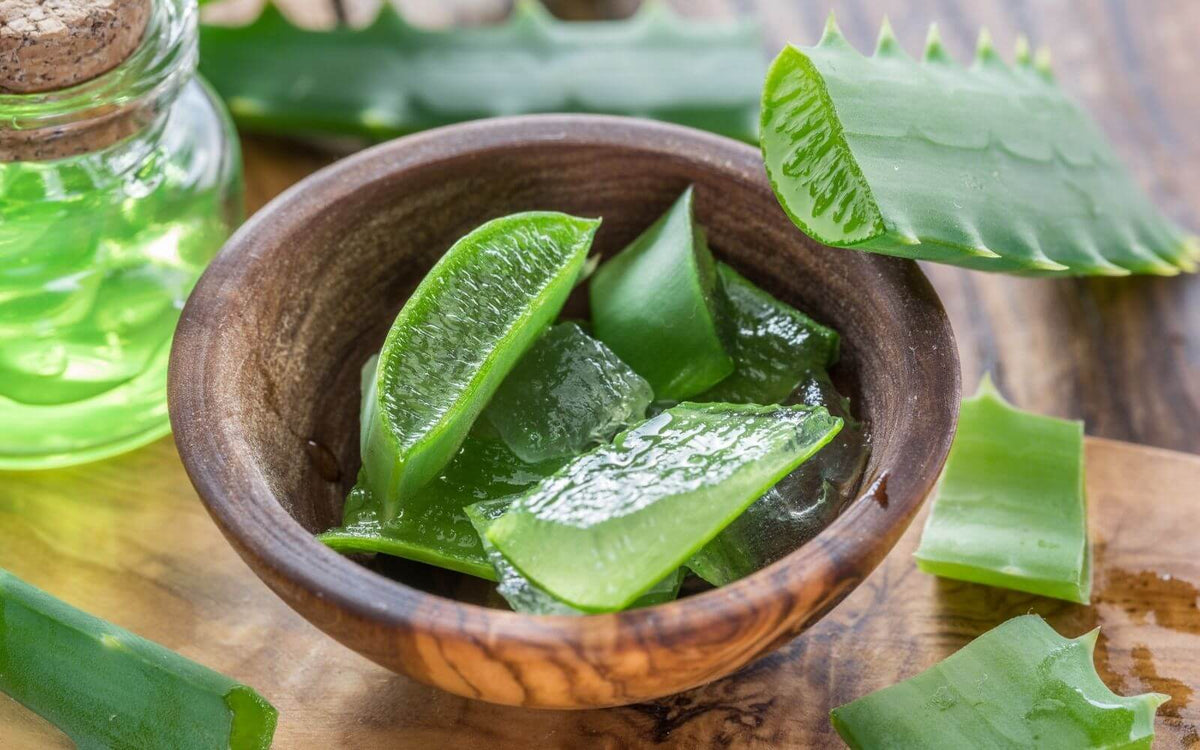

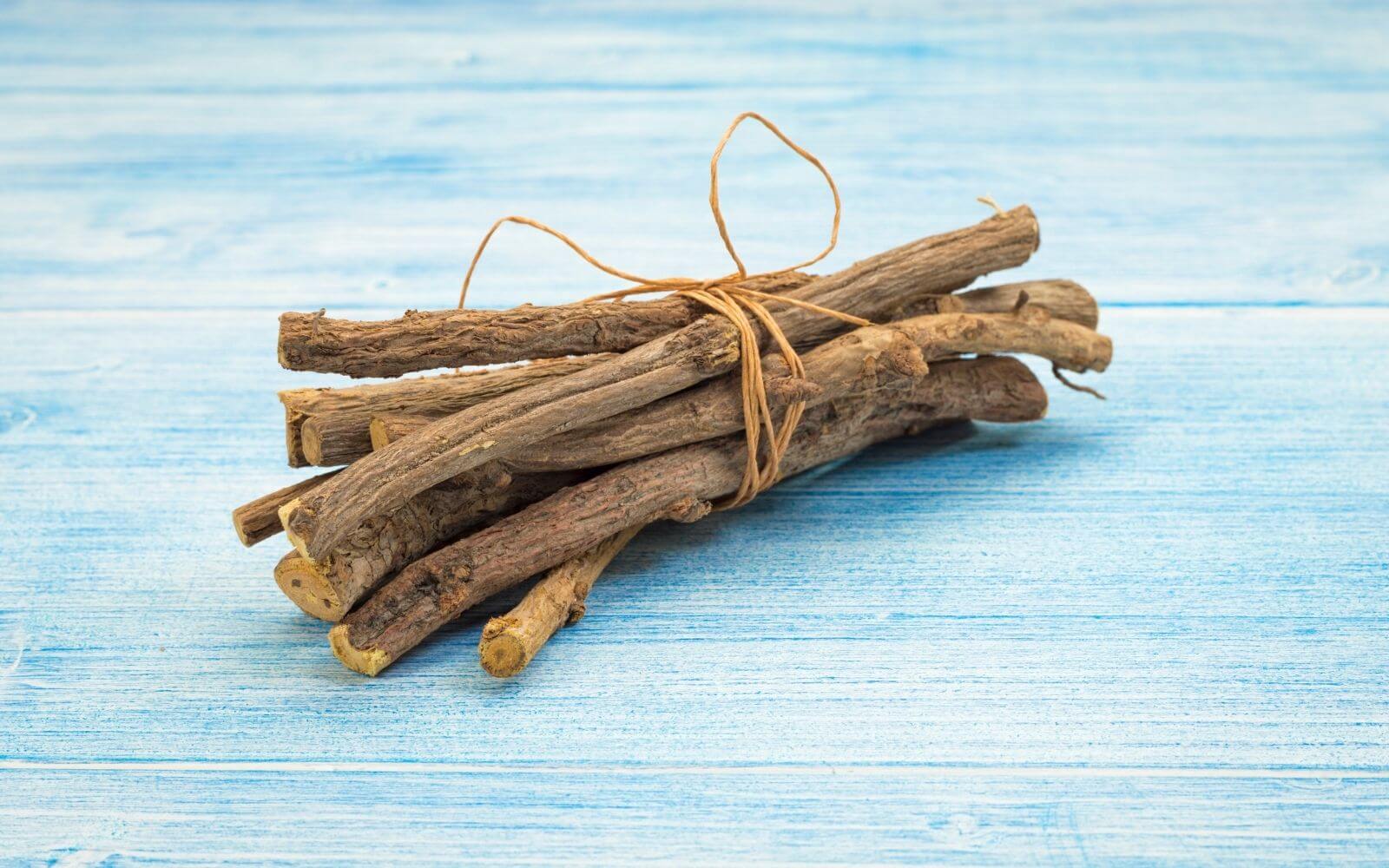

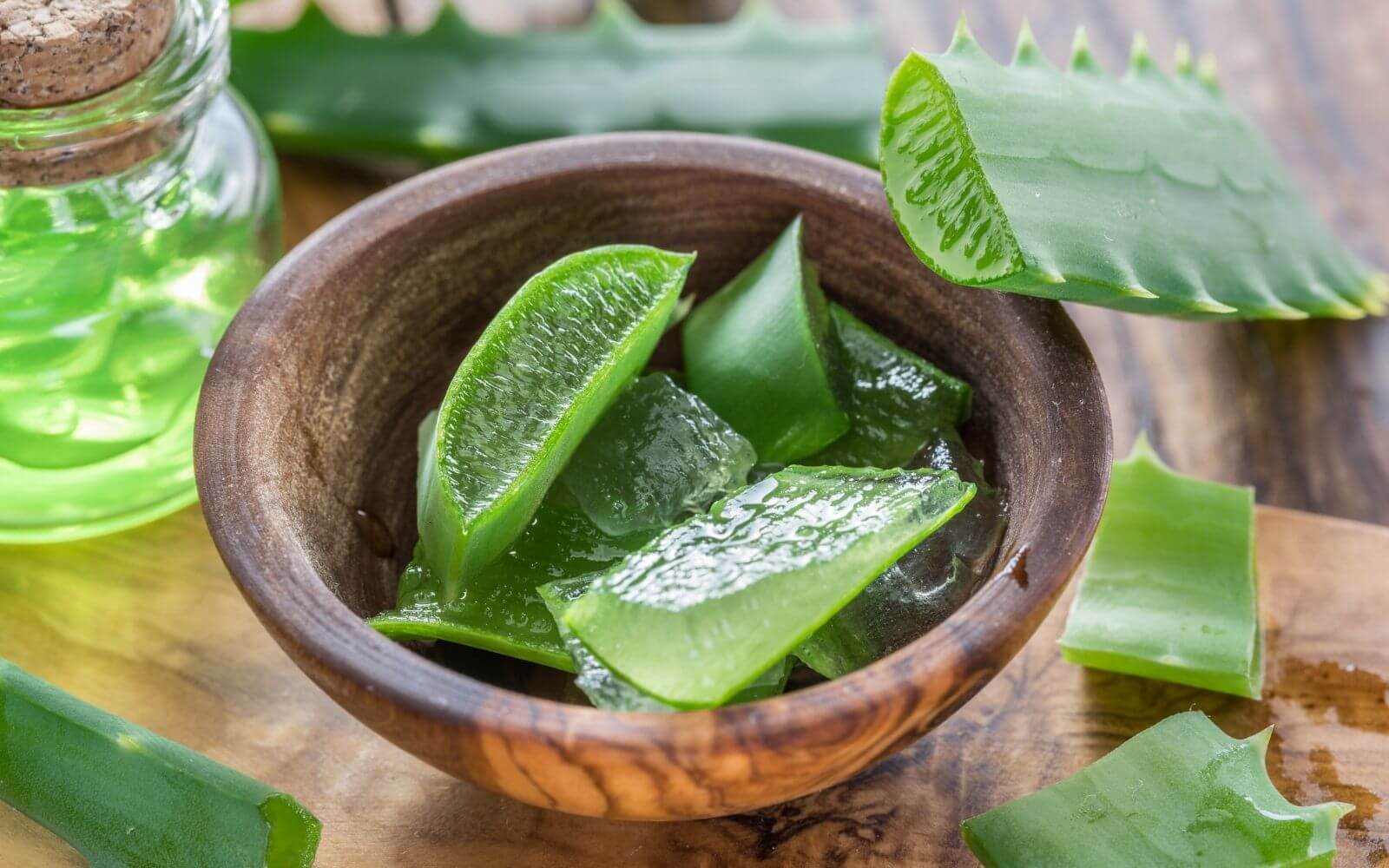
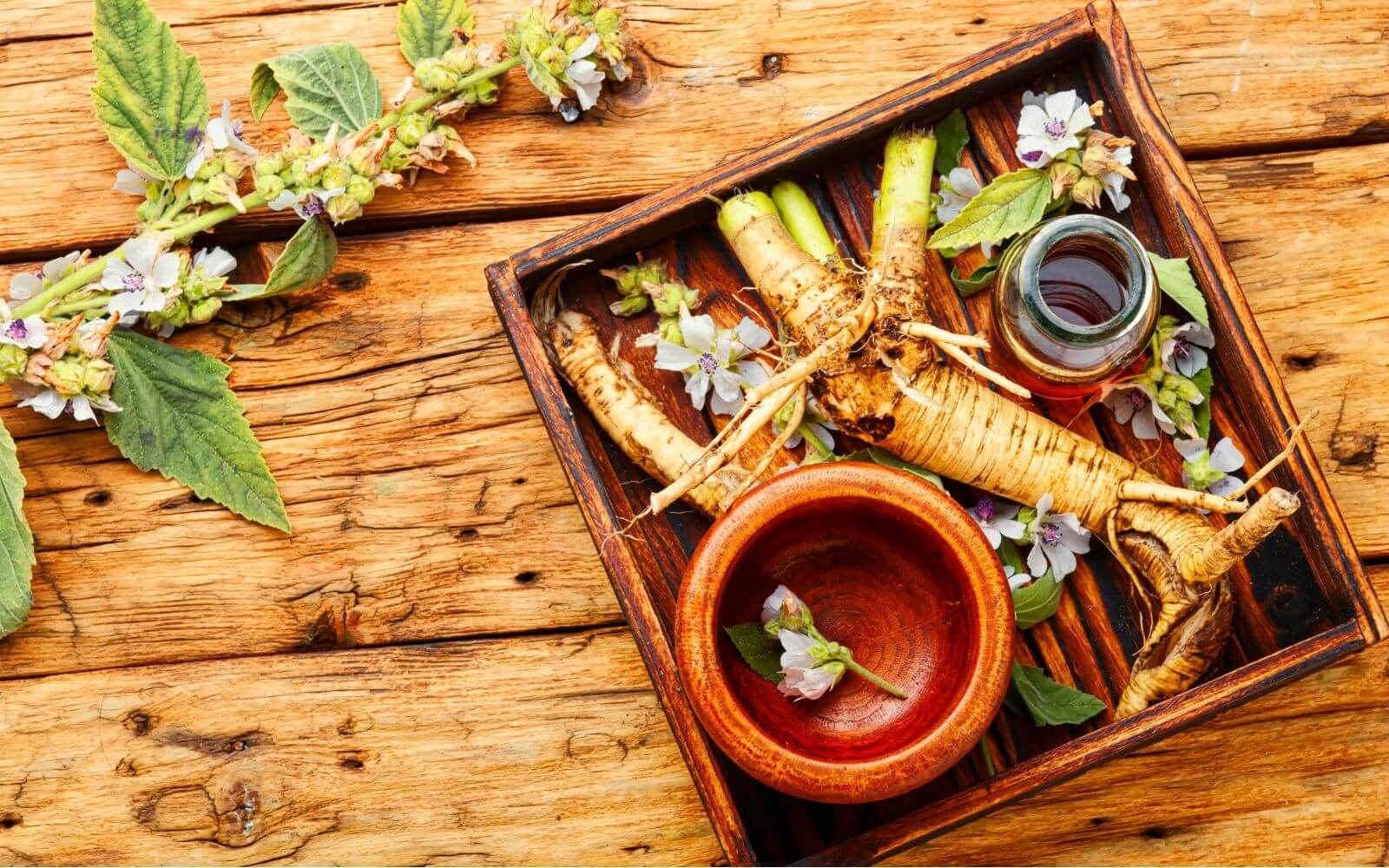
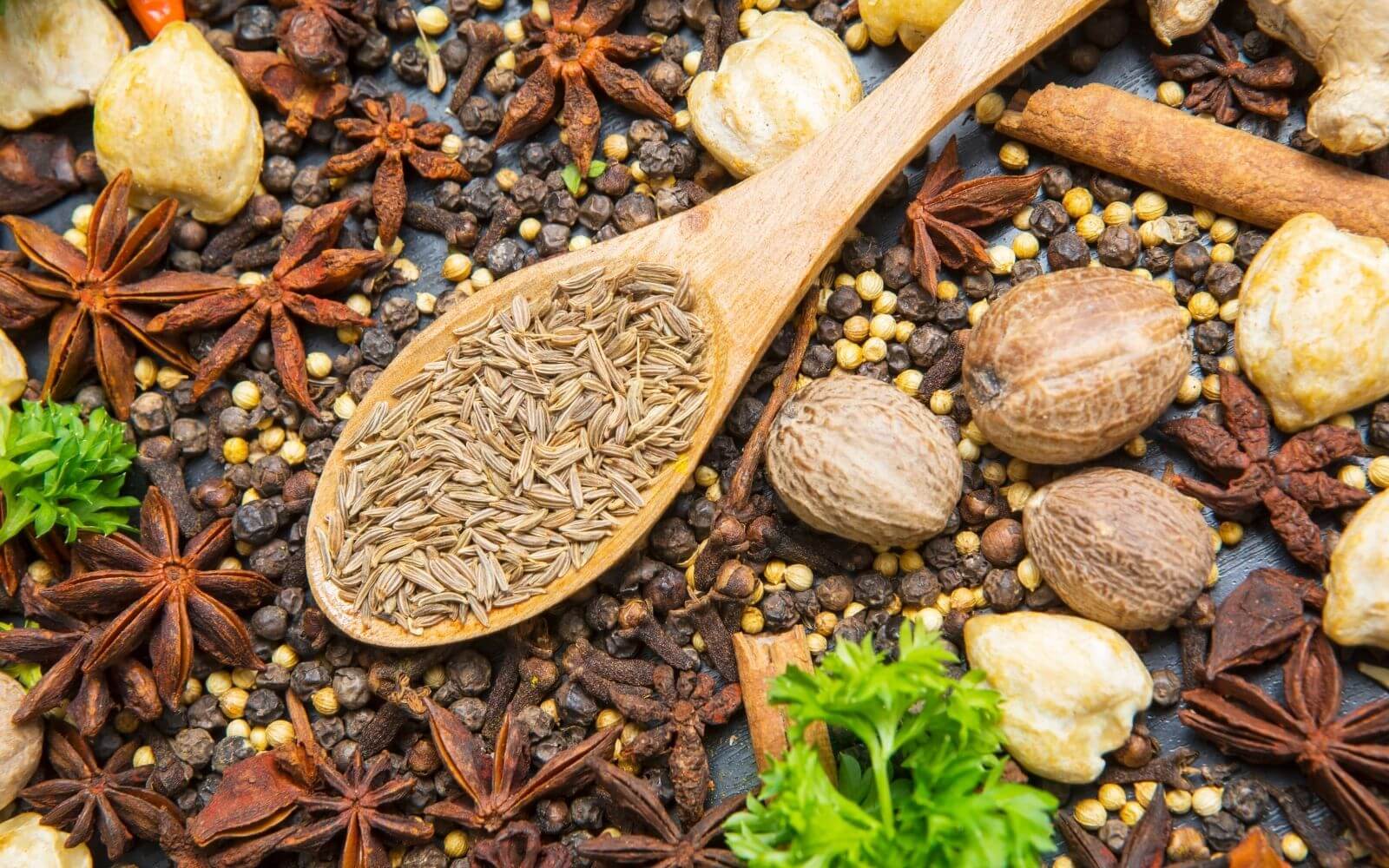
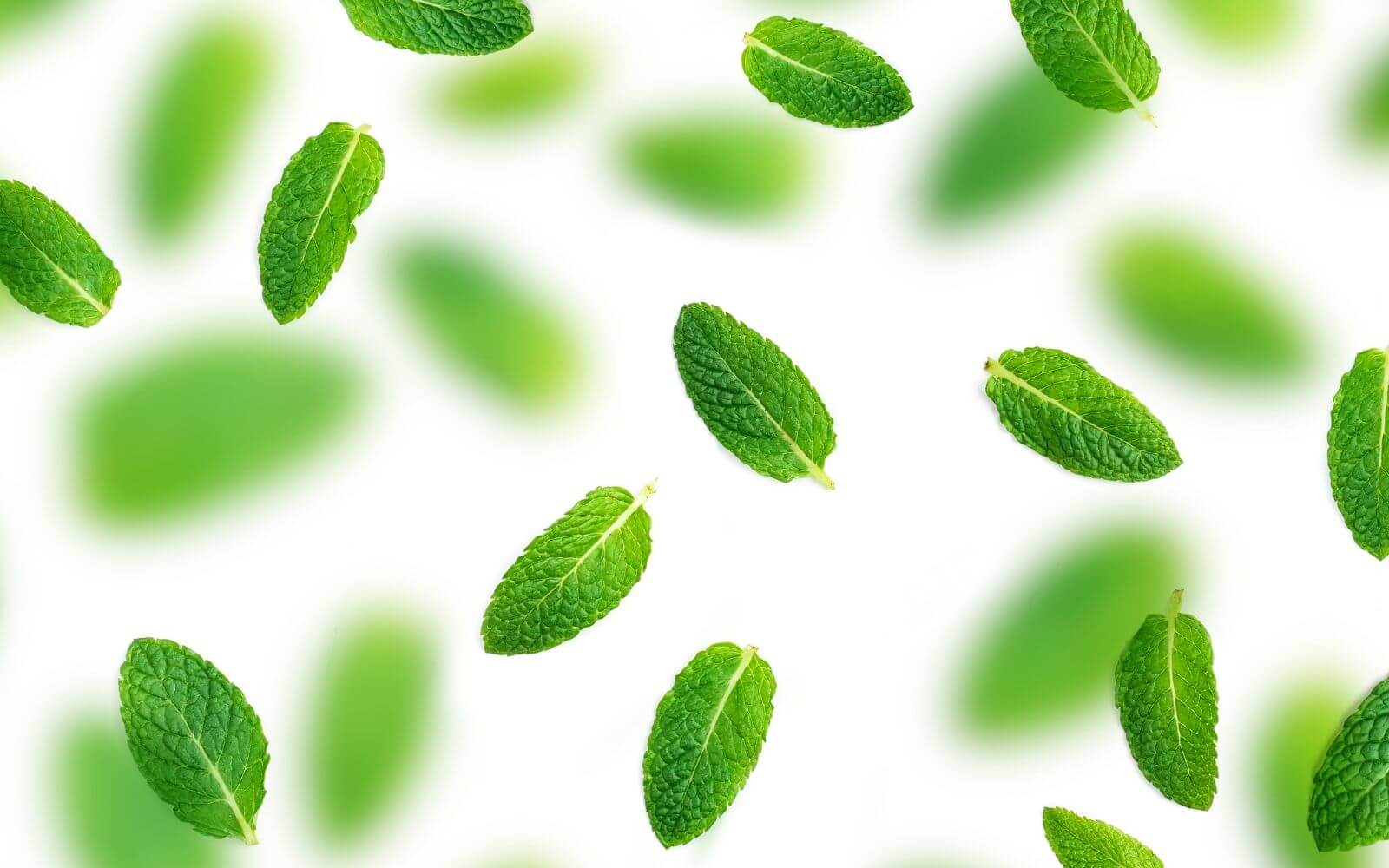
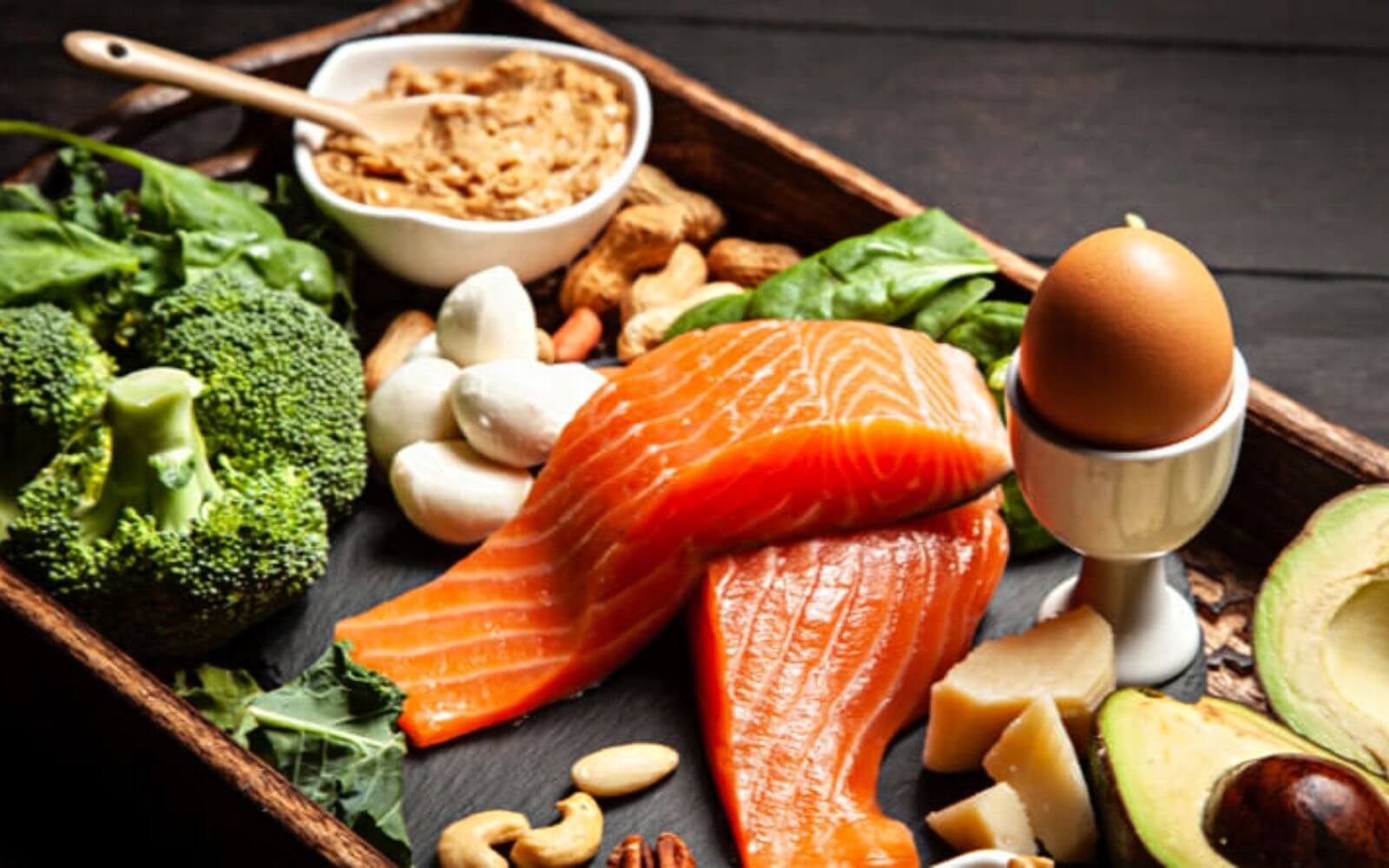


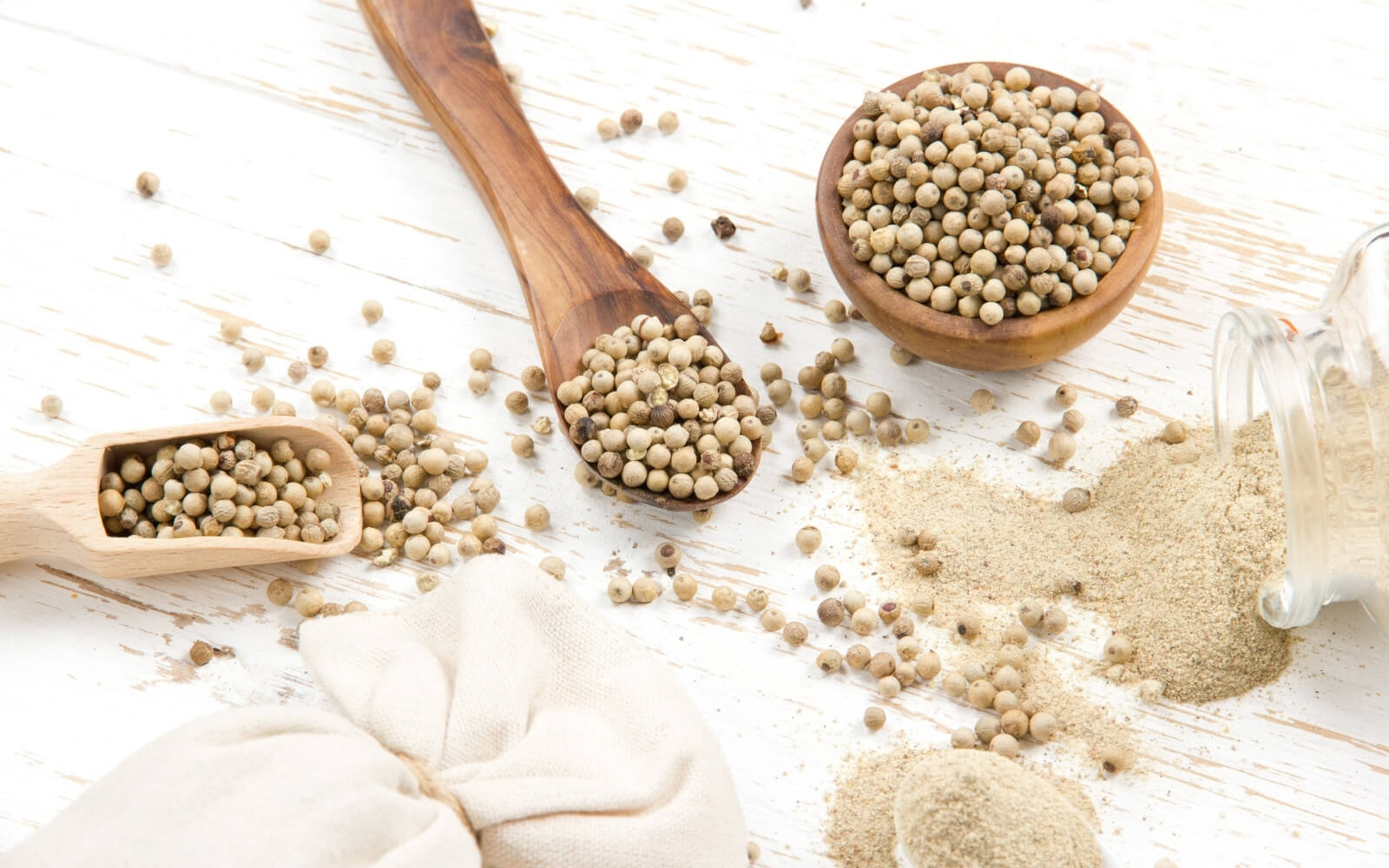
Donald Mueller
February 08, 2022
Hello,
I am a first-time buyer and would like to order Stemulife.
Is it possible to place an order by phone? If so, what is the number to call?
I would appreciate a prompt reply.
I live in Kelowna, British Columbia, CANADA
Thanks,
Don Mueller